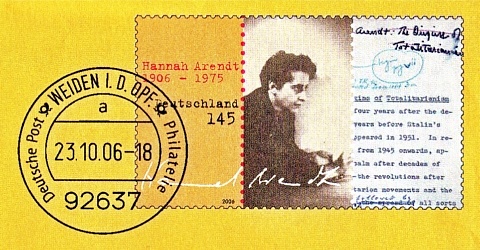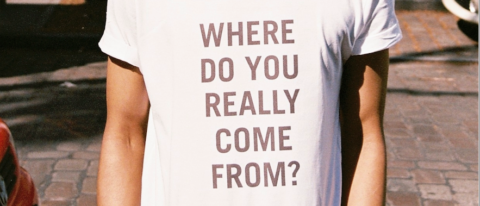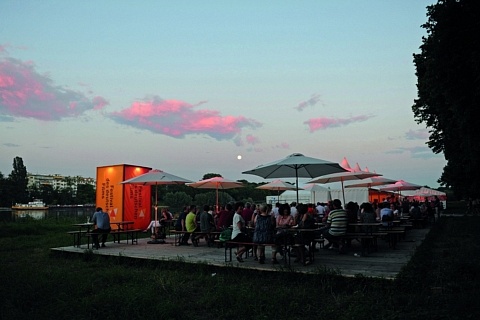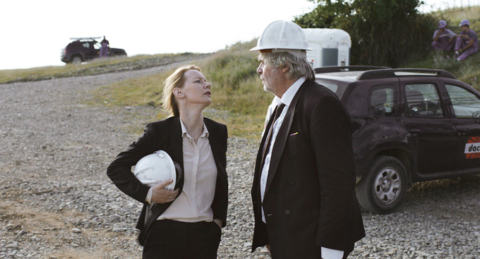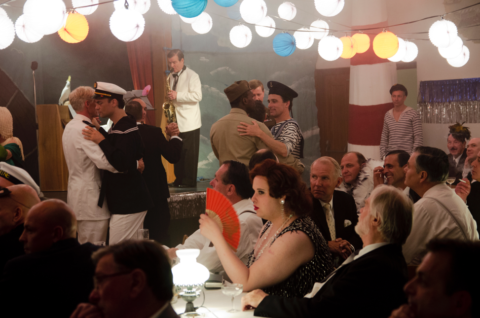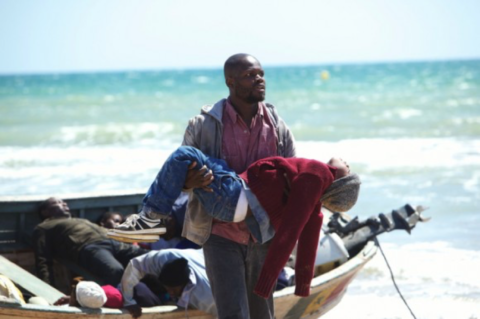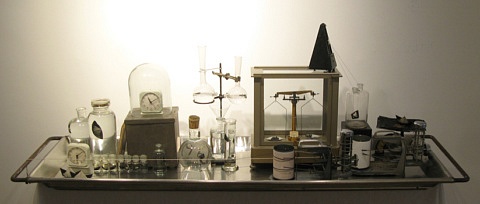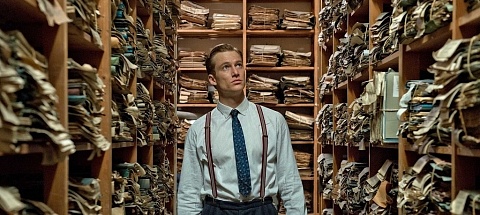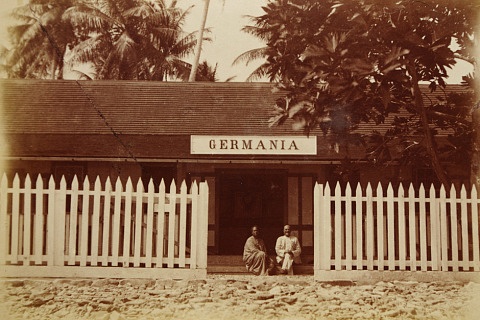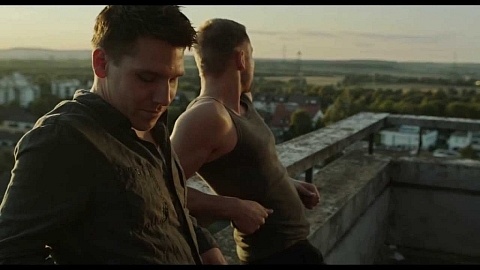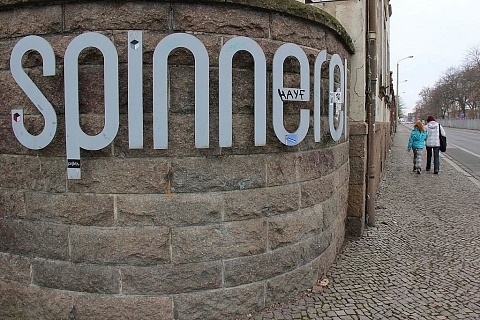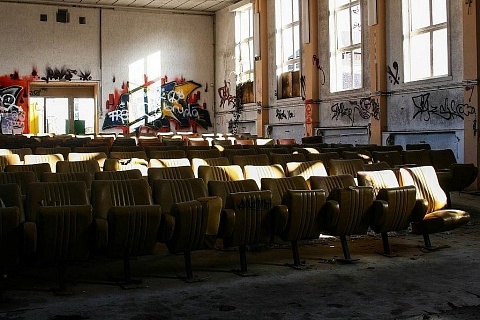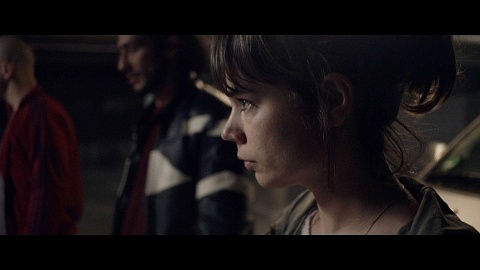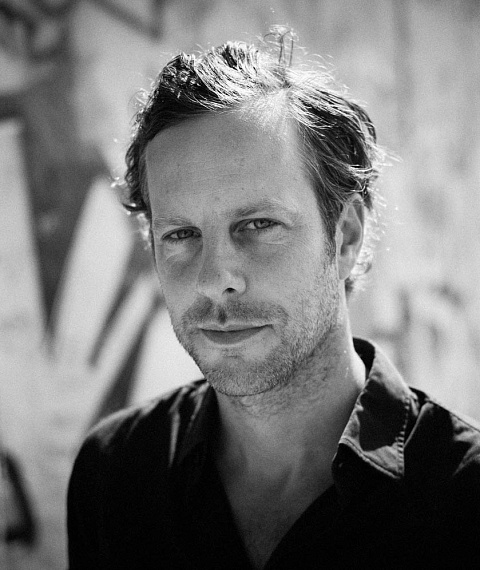The inauguration of Donald Trump, the rise of a right-wing extreme movement, the proliferation of "fake news": the time is ripe for Hannah Arendt.
Opinion, analysis, reviews, and more – it’s all here in our original content section, PERSPECTIVES.
Opinion, analysis, reviews, and more – it’s all here in our original content section, PERSPECTIVES.
Isaiah Lopaz, a black American artist living in Berlin, discusses his experiences of racism in the German capital.
German author Christopher Kloeble talks about Bavaria, translation, and Nobel laureate Bob Dylan.
Audiences play the leading role at Ludwigshafen's Festival of German Film
Steven Heller, author of The Swastika: Symbol Beyond Redemption?, in conversation with kultur360 co-editor James Skidmore.
Germany’s entry for Best Foreign Language Film at this year’s Oscars is not the heavy historical drama North American audiences have come to expect.
A docudrama navigates the gay community of 1950s Zurich.
Maggie Peren's film "Colour of the Ocean" questions some basic beliefs about refugees.
Paul Roorda is a Canadian artist who spends part of each year in Berlin.
Labyrinth of Cliches
James SkidmoreNovember 61
Germany's entry for the foreign language Oscar is a largely conventional German historical film
Coming to terms with the past - the German colonial past, that is.
Exit Deutschland helps neo-Nazis leave the far right scene and return to mainstream German society.
ProAsyl calls the reform “an extensive system of imprisonment."
The drama, featuring “the most handsome lovers of the Berlinale,” explores the difficulty of existing outside of heteronormative and socially prescribed life plans in present-day Germany.
German law requires that the children of migrants and refugees attend school. What impact will this influx of children have on the school system, and on the German language itself?
The Spinnerei is a nineteenth-century cotton mill repurposed as an arts and cultural centre.
Why is this children's detective series so popular?
The Goethe-Institut Toronto's program curator talks about her interest in contemporary German cinema.
Budding romance gives way to a gritty gangster story. And it's all shot in a single 140-minute take.
In a wide-ranging interview, filmmaker Marc Bauder discusses memory culture in Germany and his work on the Lichtgrenze.
© Copyright 2024. All rights reserved.

